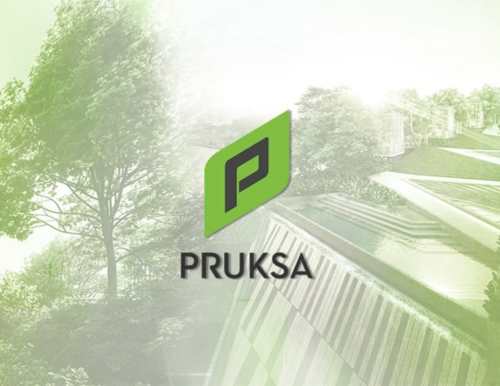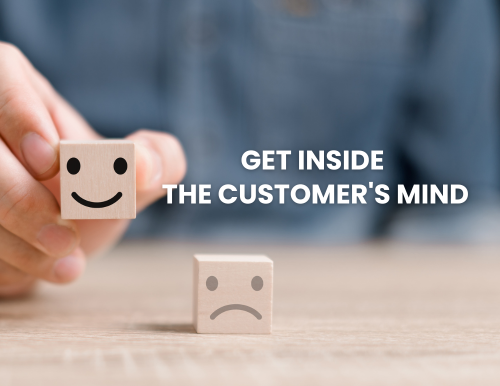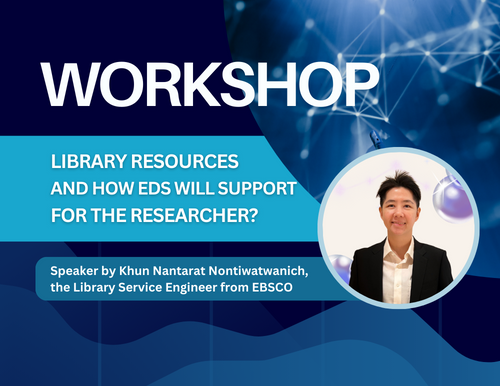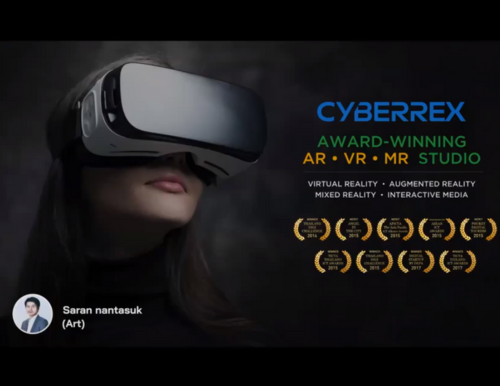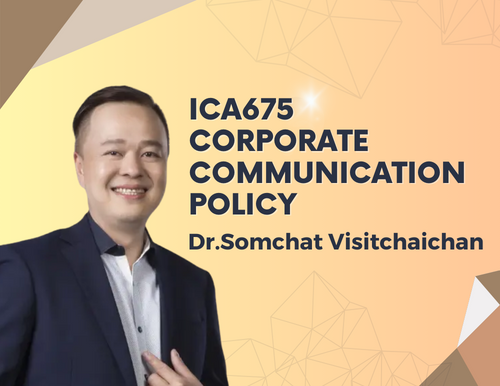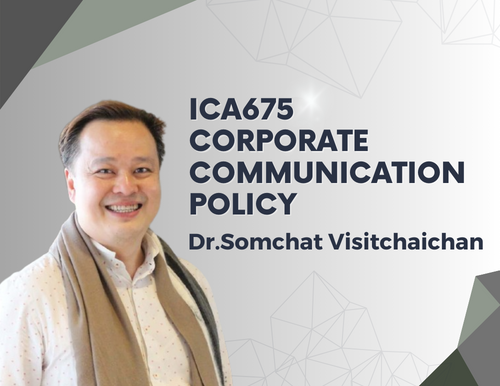The EBSCO database involves searching and accessing high-quality academic articles and research. The steps include targeted searching, reading, downloading, and saving desired articles in the system. Filters and advanced search functions help narrow down results to better match specific needs.
การบรรยายเกี่ยวกับการใช้ข้อมูลความต้องการของลูกค้า (Customer Insight) นำมาพัฒนาเป็นผลิตภัณฑ์และบริการใหม่ของพฤกษา เพื่อตอบสนองไลฟ์สไตล์ยุคใหม่และเทรนด์ความใส่ใจด้านสุขภาพและการใช้ชีวิตในยุคโควิด โดย Kamolsri Autsawaphakorn
Get inside the customer's mind refers to the process of understanding and empathizing with the thoughts, feelings, preferences, and behaviors of customers or clients. It involves gaining insight into their motivations, needs, and desires in order to better serve them, meet their expectations, and create products or services that resonate with them. By Wichai Pornpratang
Talk on strategic marketing communications & brand collaboration strategy by Khun Angsana Puangmalit, Communication Art Major, Bangkok University International
This workshop covers advanced searching and the more sophisticated of databases in the EBSCOhost platform. Library Resources, What is EDS and how it works?, Techniques in “Feature & Setting”, How EDS support the researcher. By Nantarat Nontiwatwanich on January 20, 2024
การบรรยายแบบออนไลน์ เรื่อง AR/VR Technology
โดย Khun Saran Nantasuk, Founder & CEOof Cyberrex Design
เมื่อวันที่ 17 มีนาคม 2564
เป็นส่วนหนึ่งของวิชา GI282 Disruptive Innovation ปีการศึกษา 2563
Lecture ICA675 Corporate Communication Policy
By Dr.Somchat Visitchaichan
Lecture Date:
Sunday 16 February 2020
1.00 p.m. - 6.30 p.m.
There are 3 parts.
Lecture ICA675 Corporate Communication Policy
By Dr.Somchat Visitchaichan
Lecture Date:
Sunday 16 February 2020
1.00 p.m. - 6.30 p.m.
There are 3 parts.
Lecture ICA675 Corporate Communication Policy
By Dr.Somchat Visitchaichan
Lecture Date:
Sunday 16 February 2020
1.00 p.m. - 6.30 p.m.
There are 3 parts.
Lecture ICA675 Corporate Communication Policy
By Dr.Somchat Visitchaichan
Lecture Date:
Saturday 1 February 2020
9.00 a.m. - 12.00 p.m.
and 1.00 p.m. - 6.30 p.m.
There are 5 parts.

